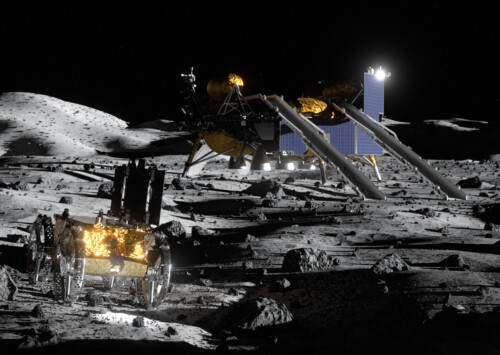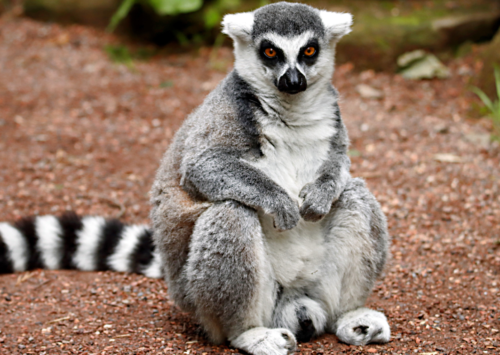Reincarnating the Old Chartbusters
India & You
May-June 2018
Over the past few years, the remake rage has bitten Bollywood. Not just film titles, but old song tracks are also being recreated with fresh beats and raps. Though for some artists and producers it’s a win-win, the formula doesn’t guarantee box office success. Also, while some see it as lack of originality, others think of recreation as a skill.
Backpedal to the 1980-90s when music composers and singers would sit for hours to come up with hit Bollywood tracks like Gazab Ka Hai Din (1988), Kuch Na Kaho (1942), and Pehla Nasha (1992), amongst many others.
Cut to 2018 – even though brainstorming sessions and creativity haven’t died, more and more millennial songs are getting rehashed. So much so, we are in a time where remixes are considered old school. ‘Recreating’, especially hit old Punjabi songs with raps and new rhythms, and selling them with a Bollywood star cast performing on them, is the new flavour.
The trend became popular with the release of the music of the film Cocktail (2012). Indian music producer Honey Singh released his album International Villager prior to the release of the movie, and the song Angreji Beat from his album became a huge hit. Soon after, the production company Eros International picked the song for Cocktail and it was an instant hit, all over again.
However, this is not where it started. In 2008, Indian cinema’s music duo Vishal-Shekhar recreated the song ‘Bachna Ae Haseeno’ originally from the Indian musical drama film Hum Kisise Kum Naheen (1977). “It is something that probably Shekhar and I started with Bachna Ae Haseeno about a decade ago. And today, I deeply regret it,” composer Vishal Dadlani, told an Indian daily.
“We paid tribute to the old song and credited the original talent behind it. We did our best to retain the integrity and the original flavour of the song while adding our little twist to it. My only request to composers: if you rework an old song, do it with utmost sincerity. There are some cases where a composer has reworked a classic very well. ‘Har Kisi Ko Nahi Milta Yahan Pyaar Zindagi Mein’ and Jagjit Singh’s ghazal that I recently heard in the film Tum Bin 2 (2016) are examples,” he adds.
The film Humpty Sharma Ki Dulhania (2014) made the trend even more popular with its chartbusters – ‘Main Tenu Samjhawan Ki’ and ‘Saturday Saturday’. Both the songs were already popular when they were initially released in 2010 and 2012, respectively. The film recreated both these songs with Varun Dhawan and Alia Bhatt dancing to new tunes and mild raps in between the original track.
“Songs, which were blockbuster in 1990s, are still liked today. So may be when filmmakers and producers want to ensure that a song is hit, they recreate the old ones. Because we (the audience) instantly connect to them,” says Aditya Vardhan, a musician from south Delhi, who has been performing with local bands in the city for years now.
However, these ‘more than remixed’ songs are garnering mixed reactions. While some think it is a way of reviving old and forgotten songs, others think of them as lack of creativity.
“Remaking a song is not new. In early 2000s too, many pop song singers remade songs. People like me who were not born in the early 1990s, get a chance to hear those songs,” says Srishti Kataria, a 20-year-old Psychology student in Delhi NCR.
However, Kushagra Sirohi, a 28-yearold engineer in west Delhi disagrees. “I take pride in the fact that I was born in time when music personalities like A.R. Rahman and Shankar–Ehsaan–Loy’s music was to die for. And even indie pop artists like Lucky Ali and even Sonu Nigam. In the remake of all those indie pops today, the essence is lost. Original is original,” he says.
The recreations are nevertheless a win-win for both the artists and producers because while one of them gets a platform, the other can sell a film with music that is already popular.
A Trend Here to Stay
According to some musicians and lyricists from the industry, there is demand for such tracks from labels and producers. Since there is a lack of solidarity among composers, there is no way to put an end to this.
“For creators, especially for me as a composer, and I am sure for singers also, it is sad. It is not exciting that we have to create something that someone else has already done before. It is someone else’s baby, which we would not like to touch, because at that time it was that person’s vision. I don’t know about others, but there are definitely a lot of people, I know, who don’t want to do someone else’s songs in films,” Bollywood musician Amit Trivedi, told the PTI, a news agency. Trivedi gave music for famous films like Dev D (2009), Queen (2013) and Lootera (2013) and believes that this growing trend a step down.
Thinking on the same lines, Bollywood music composer Amaal Mallik recently took to social media to start a debate. “If you want to remake a song, then do it with all your heart while respecting the original song and its creators. This year, we will have around 40 recreated songs, of which I’ll be recreating two or three,” he says.
Mallik, who himself has recreated songs like ‘Chull’ for the movie Kapoor & Sons (2016), ‘Soch’ for Airlift (2016) and more, believes that music composers should be more respectful and creative when remaking an old classic, and that there is an overkill for remakes now.
“The entire idea is to pay tribute to the original and make the younger generation hear the (remade) song. I’m not averse to the idea of remaking an old song. If I’m doing a remake, I want to make sure it’s so perfect that people who’ve heard the original feel nostalgic when they hear my version,” he says.
However, composer Tanishk Bagchi, who has rehashed songs like ‘Sanu Ek Pal Chain’, disagrees with Mallik as he thinks of remaking a song as a creative challenge. “Creating composition for a remake is as challenging as creating a new composition. Because you’re not remixing it, you are recreating it. That means you are composing the same song, which is already a hit,” he says.
Nevertheless, countless recreated songs over the past years like ‘Har Kisi Ko Nahin Milta’ from the film Boss (2013), ‘Aaj Phir’ from Hate Story 2 (2014), ‘Soch Na Sake’ from Airlift (2016), ‘High Heels’ from Ki & Ka (2016), and ‘Humma Humma’ from OK Jaanu (2017), among many others, are just testimony to the fact that the trend is here to stay.










